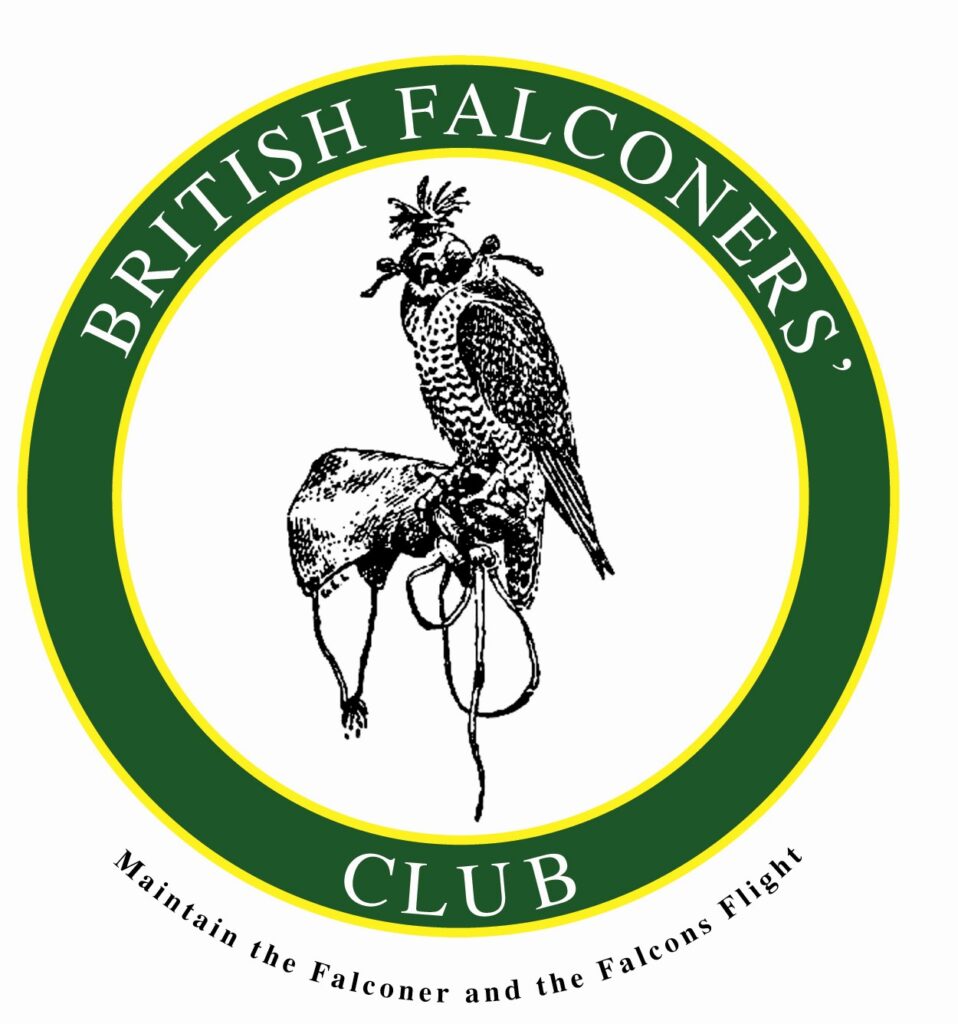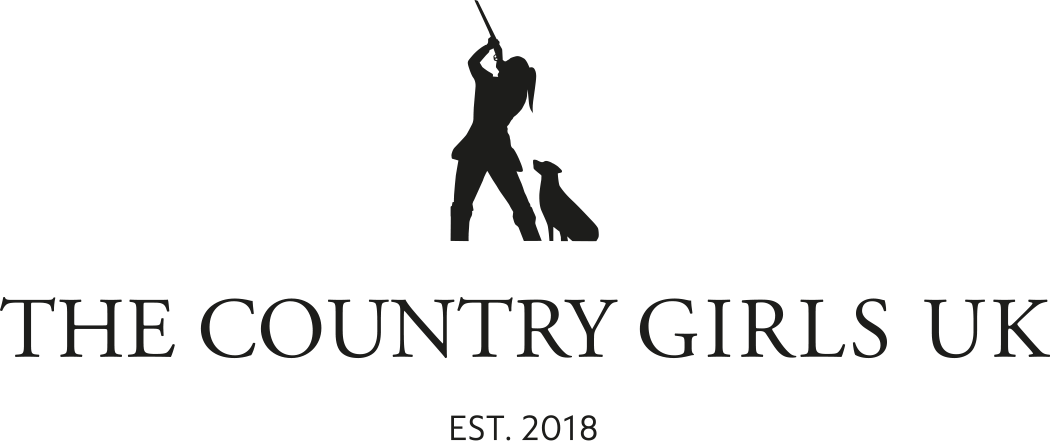The BFC is the largest falconry club in the UK established in 1927, is also the oldest falconry club in the UK and maintains a proud tradition of excellence in the husbandry and management of the hawks that are flown.
The British Falconers’ Club was founded in 1927, by the surviving members of the Old Hawking Club. The Club currently has around 650 members and was a founder member of The British Field Sports Society (BFSS), now encompassed in the Countryside Alliance, and also actively supports The International Association for Falconry and the Conservation of Birds of Prey (IAF) and The Hawk Board
It works closely with these organisations to ensure that laws and regulations in the EU or Britain do not adversely affect falconry and the conservation of Birds of Prey, their habitats and their natural prey species. The club also is affiliated to the Hawk Board which is a voluntary panel who work closely with and is recognised by governmental departments in the interest of falconry and other raptor related issues.
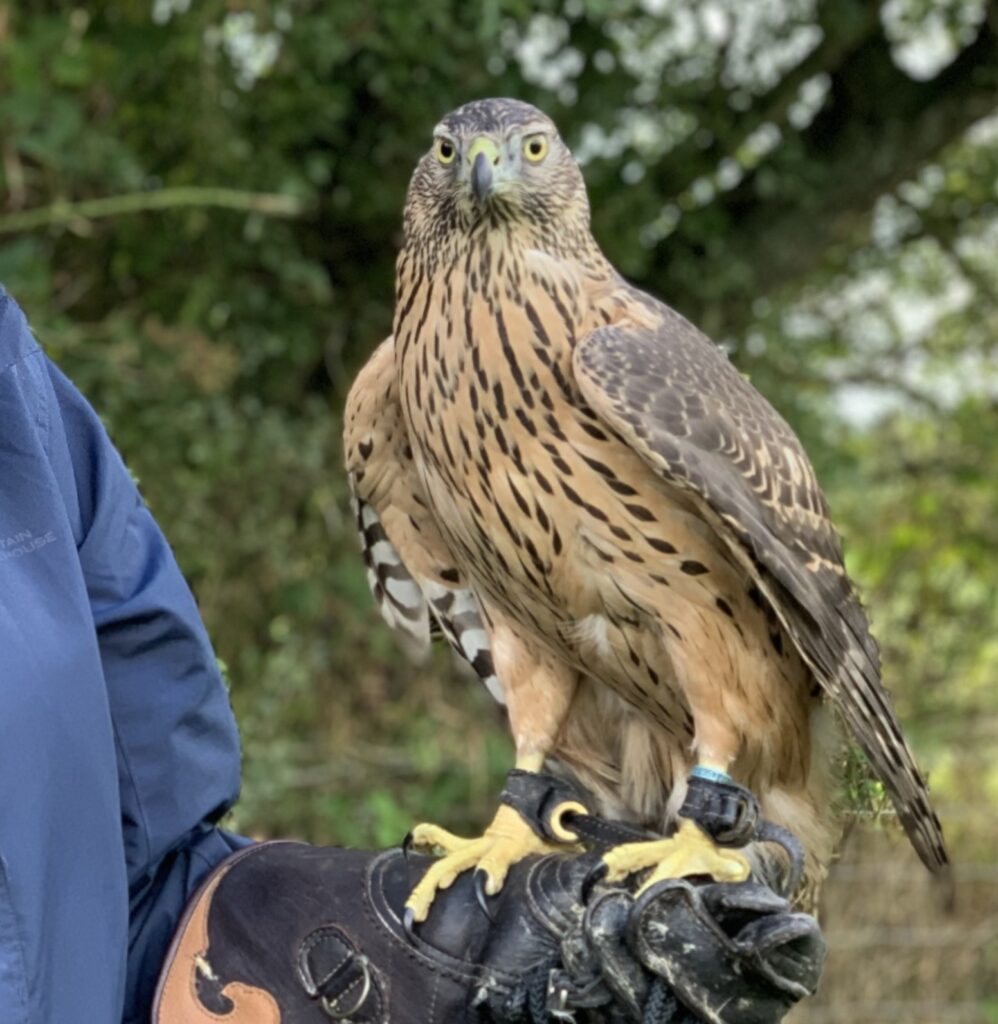
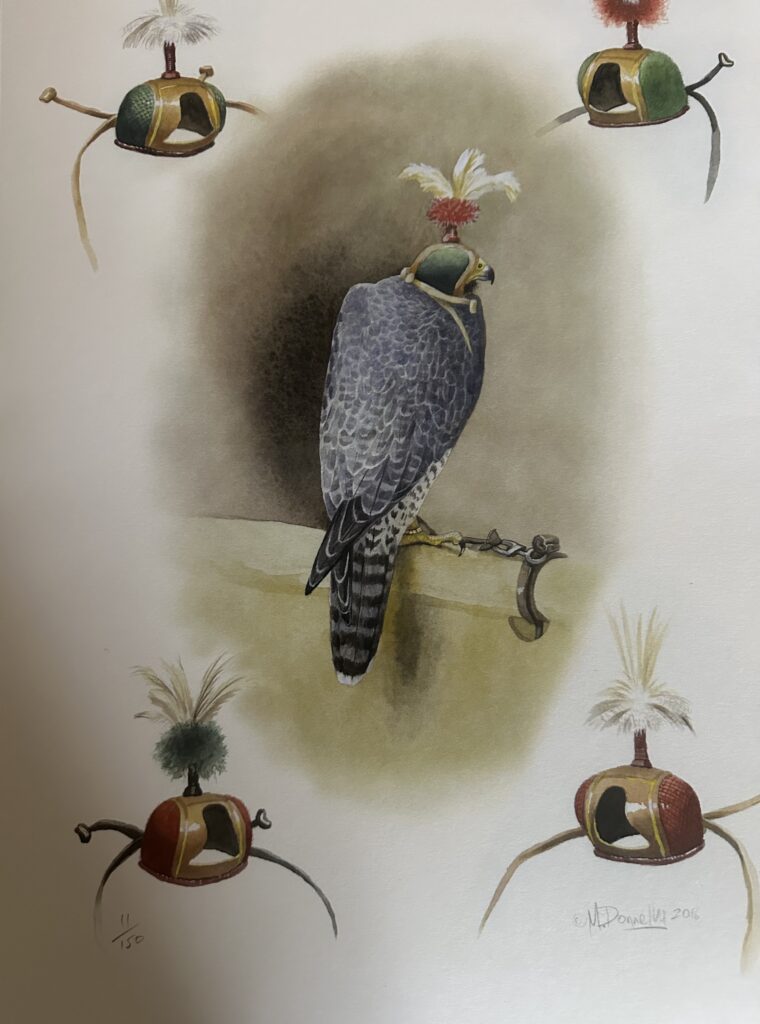

Although the club is national, it is divided into local regions which meet on a regular basis for members in their areas. All regions are responsible to the club’s main council and each region will have a representative sitting on council to relate regional business and vice versa.
Both regional and national field meetings are arranged where members meet in small groups with similar hawks, falcons or eagles for a day’s hunting and the BFC can be seen representing falconry at major country fairs throughout the country. Members receive various publications throughout the year including newsletters, a very collectable journal, The Falconer and a calendar
Regions are required to play active roles in encouraging and educating new members, offering regional field meetings and being a local contact for anyone interested in falconry or looking for more experience. Currently, a national mentoring scheme is being developed which will allow access by new and inexperienced members access to experts in individual fields of falconry such as hawk or falcon training or falconry in general, therefore offering hands-on guidance to avoid the newcomers obtaining false or misleading information from the internet which could then be detrimental to the welfare of hawks.
Health and welfare of birds kept for falconry is of major importance and the club issues its own guidelines on this to promote high standards throughout the sport. Members of the club are actively involved with many conservation projects ranging from the rehabilitation of young or injured raptors through to land and game management, always in the interest of promoting a code of good conduct and animal welfare.
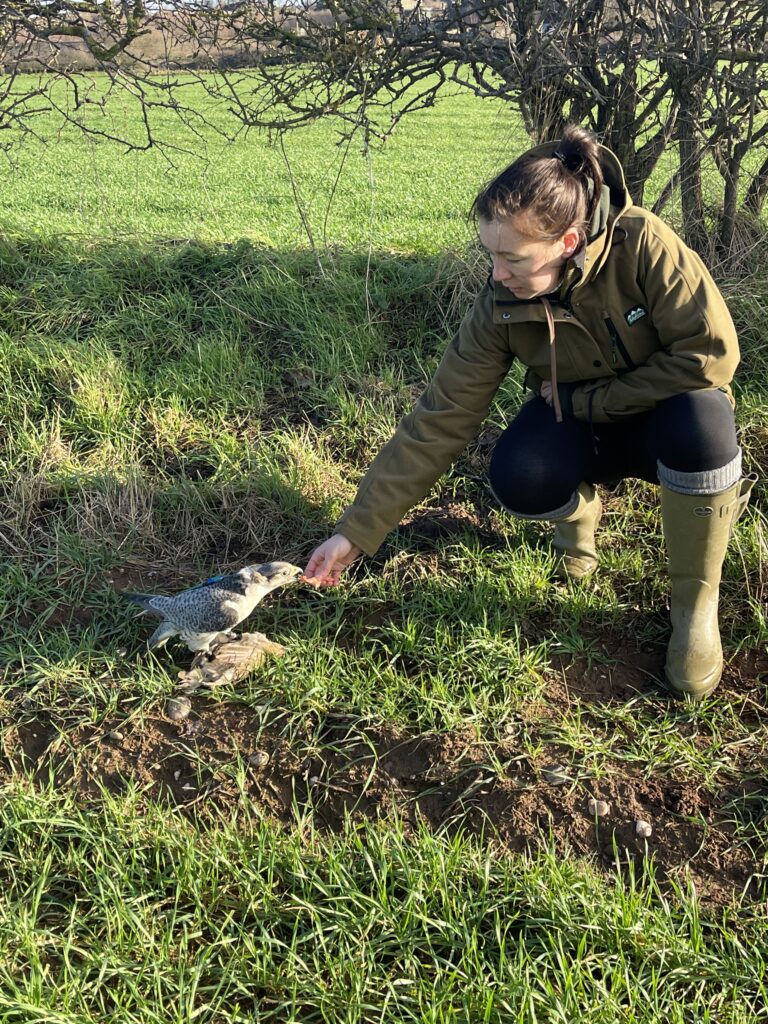
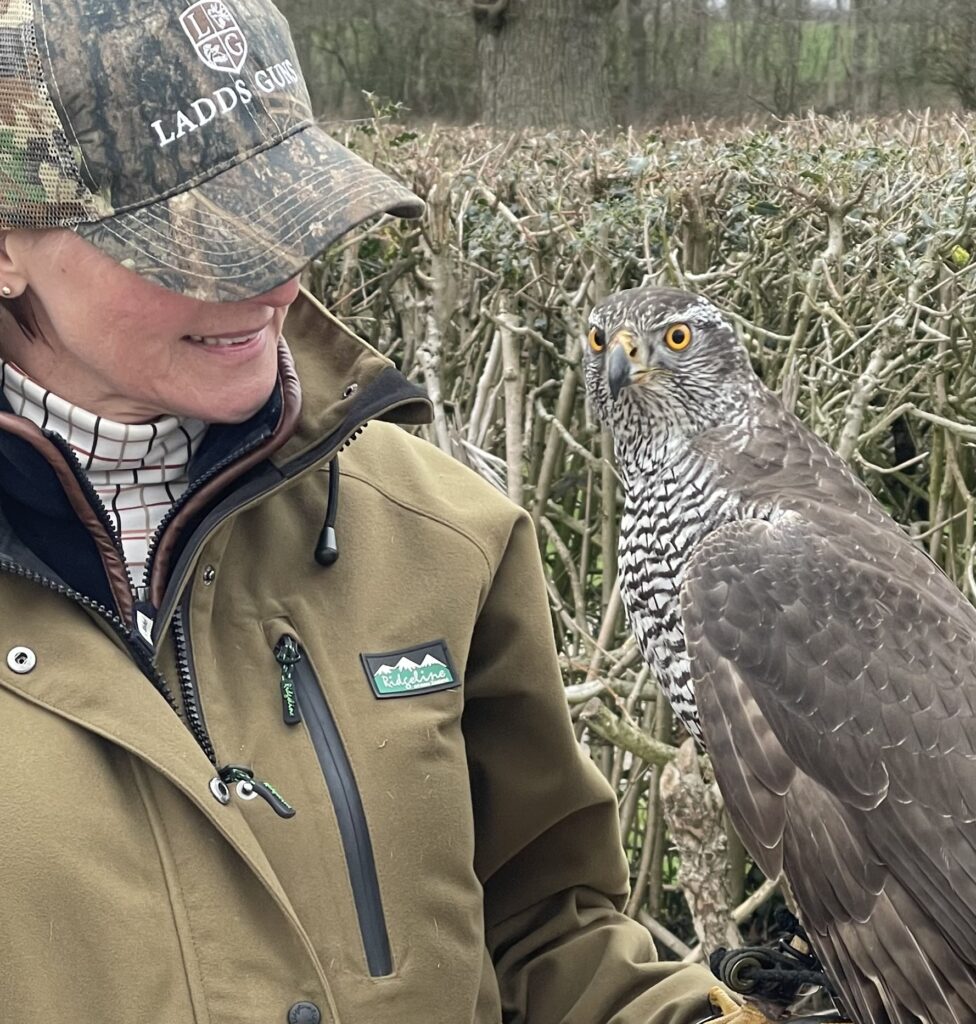
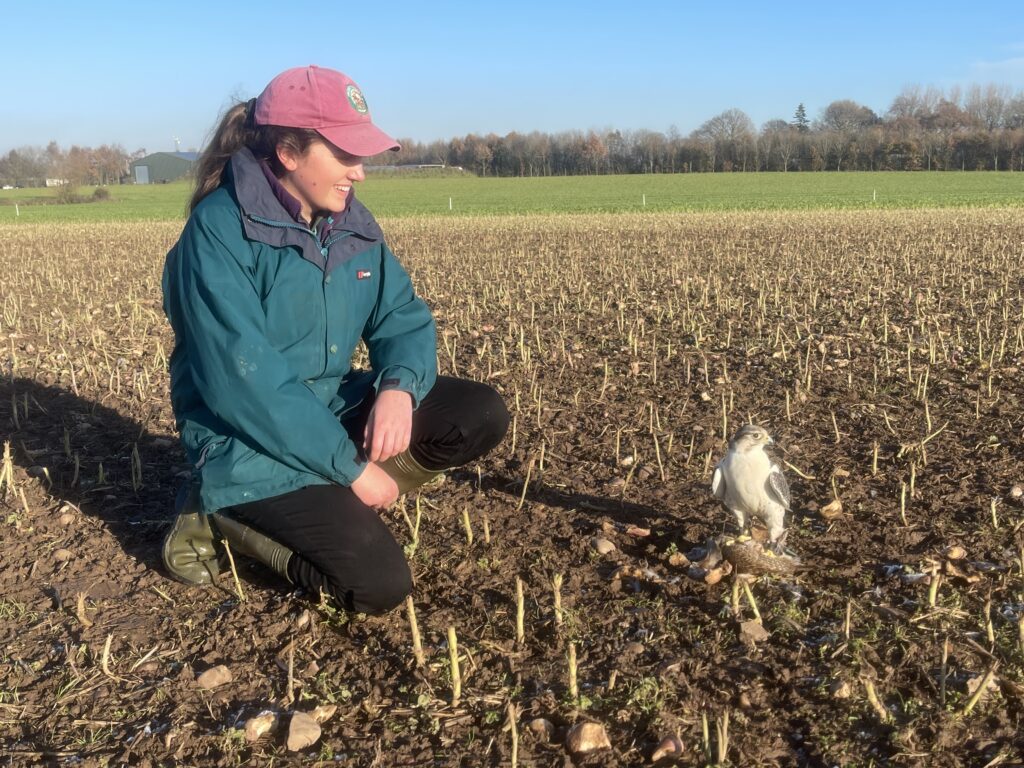
Leadership positions within the club have been held by well-known and experienced falconers in the past, all of whom have left their mark on the direction of the club with their individuality and passion for the sport. The club strives to move with the times and aims to be at the forefront for representation in the public eye, promoting this centuries old sport which has been recognised by UNESCO as an intangible cultural heritage since November 2010.
Falconry history can be traced back centuries and has developed a terminology of its own, many words and phrases are still used in common dialogue to this day and those who are not familiar with links to falconry are often unaware. Terms such as Hoodwink, cadger, booze (bowse in falconry) haggard are just a few that have a strong meaning and often developed from falconry.
Many people only see falconry first hand when visiting country fairs or one of the many experience days now offered throughout the country by various centres or individuals, however, the true meaning of falconry is hunting wild quarry with trained birds of prey. The club always maintains this through its members and encourages a membership level dependant on experience, for instance, anyone wishing to join who has just an interest in falconry but wishes not to fly a hawk, has not or is not already a practising falconer, will join as a supporter member while all other new members, regardless of experience as a practising falconer, will join as an associate member and after a 3 year period can apply to be a full member with the support of other full members who can confirm that they are fully practising falconers with high standards both in the field and mews.
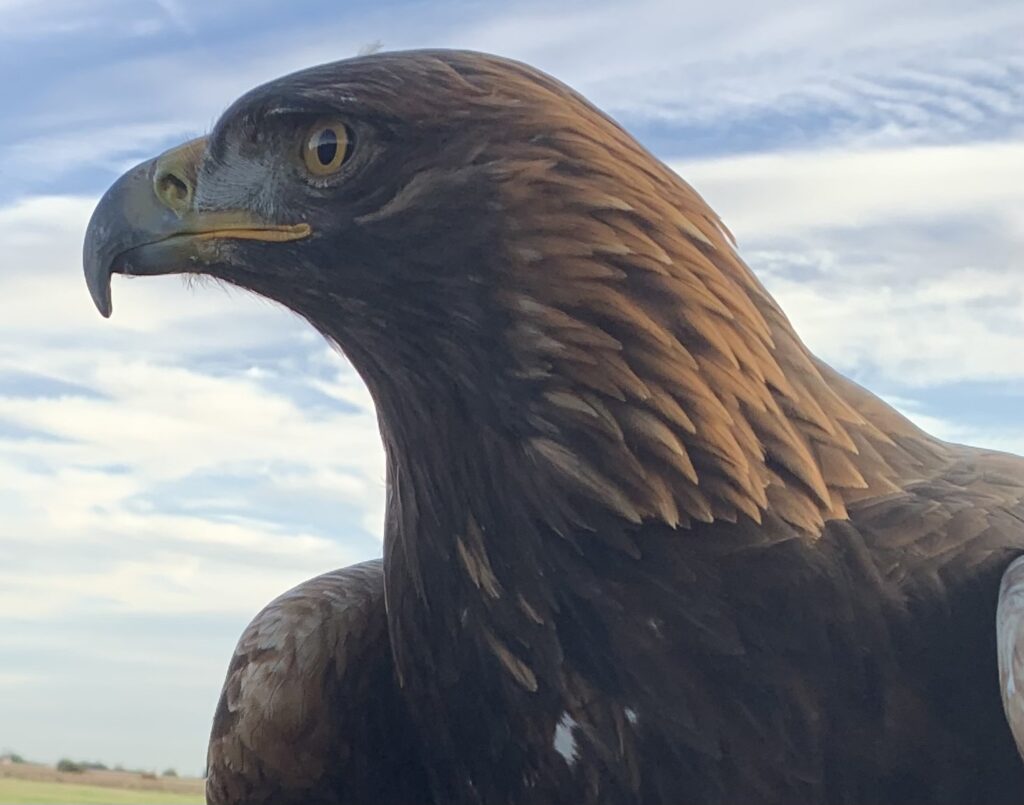
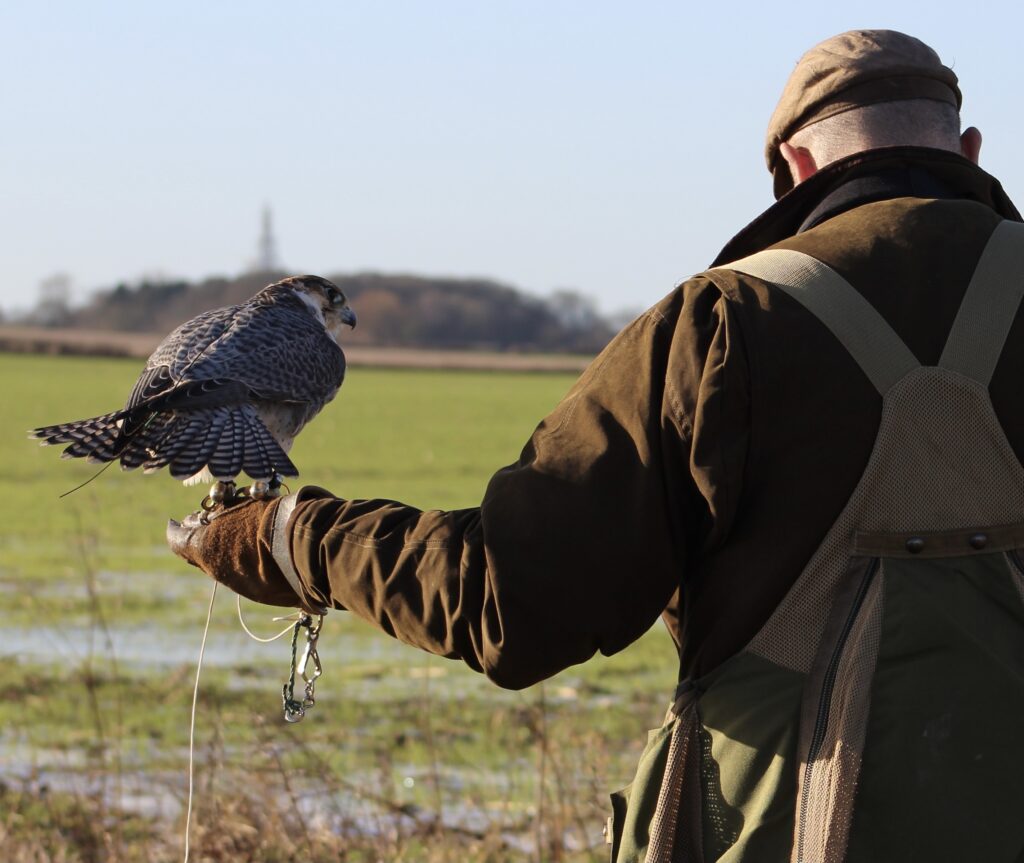
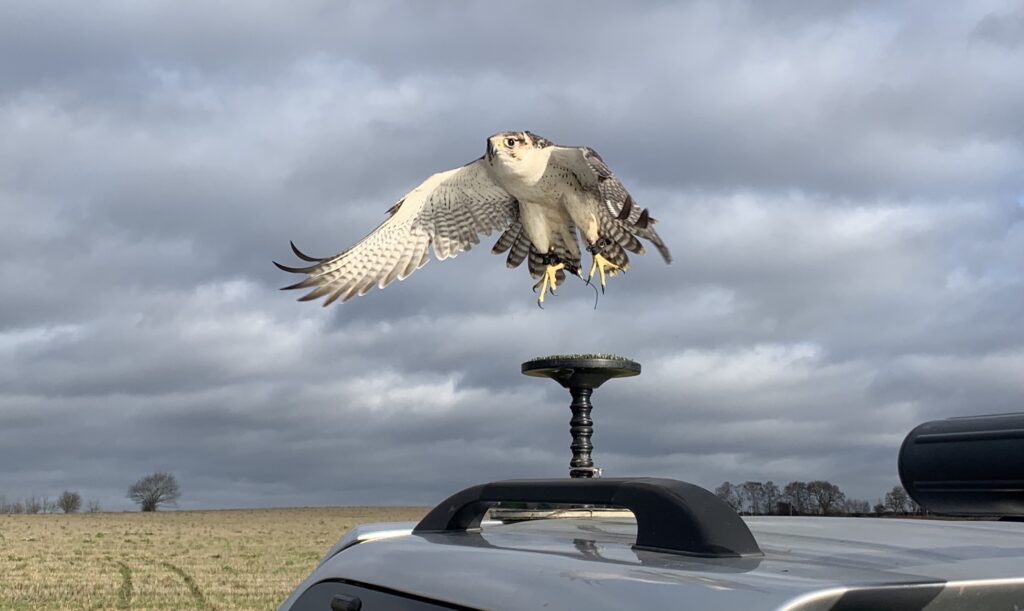
I, personally, have been involved with the club since the mid 80’s from the time I was employed as falconer to one of its past leading officers, the late John Fairclough, who held both treasurer and directors positions and guided the club successfully for many years through his passion for both it and the sport. More recently I have been heavily involved with the midland region and have been the instigator of regional and national projects and I am passionate about the right start and education within the sport, particularly the welfare and husbandry of all birds used in falconry.
Falconry has been my life since I was 8 years old and I have seen its popularity grow immensely to what it is today and encourage any falconer to seek, not only the benefits they can gain from membership but by also being part of this historic club and supports its journey in the protection of the sport and birds we love.
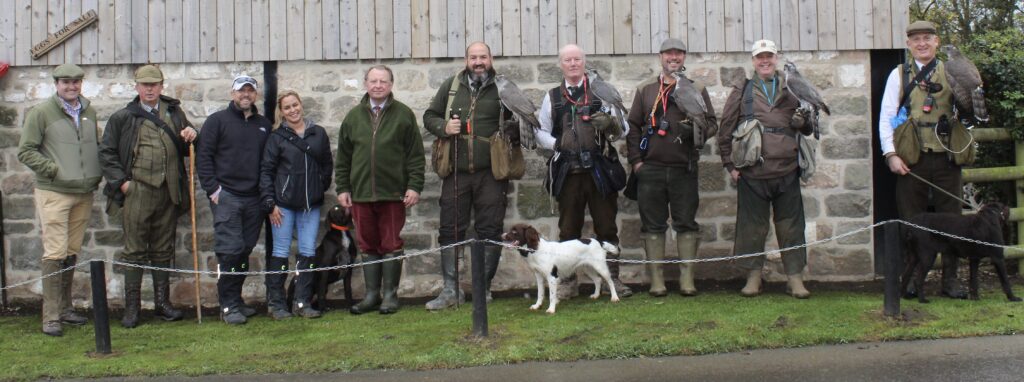
We are currently seeing a steady number of new applications from both beginner and experienced falconers alike. The Midland region, for which I am both chairman and representative on council, are holding an open day in our area for the benefit of beginners, falconers that wish to improve their skills or anyone with an interest in the sport to find out more. There will be presentations on the day from leading falconers on different aspects of falconry along with exhibits ranging from equipment (referred to as furniture) through to modern training aids. We have a select number of some of the leading manufacturers of falconry-related products attending as well as some practical hands-on workshops. It is set to be a very interesting day for sure. Light refreshments will be available along with a raffle with falconry-related prizes.
Anyone who takes up this sport will soon realise it is not to be taken light-heartedly and can have huge impacts on both family and daily life. For many, it becomes a way of life and virtually all everyday matters are based around the care and hunting of the hawks chosen by the falconer.
It is a very rewarding sport which can take the falconer to some exceptional highs but many lows too along the way. You learn to work in harmony with a truly wild animal and witness things as close to how nature intended.
The sport of falconry has been practised for centuries and with the guidance, education and protection by the British Falconers Club, the high standards promoted and practised by its members, it is hoped it can continue for centuries to come.
For further details regarding the club please visit www.thebritishfalconersclub.co.uk
Written by Simon Tyers, Author of The Specialist Falcon
